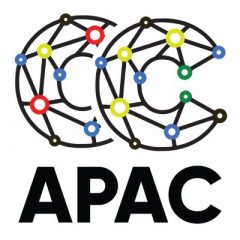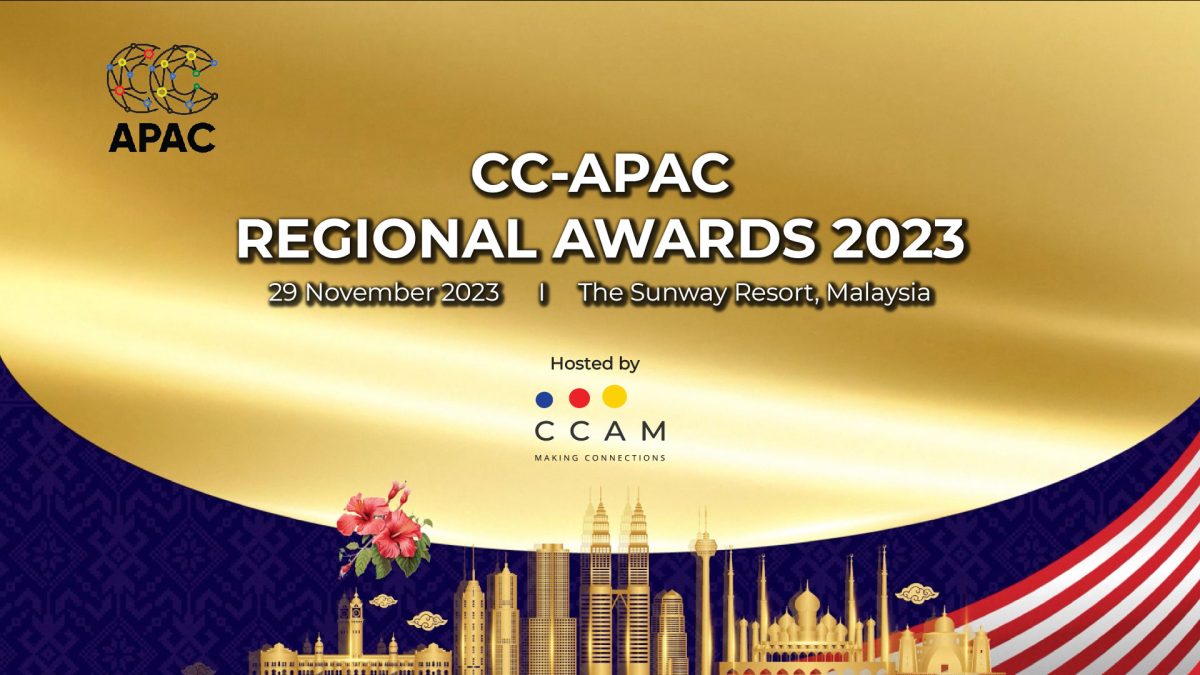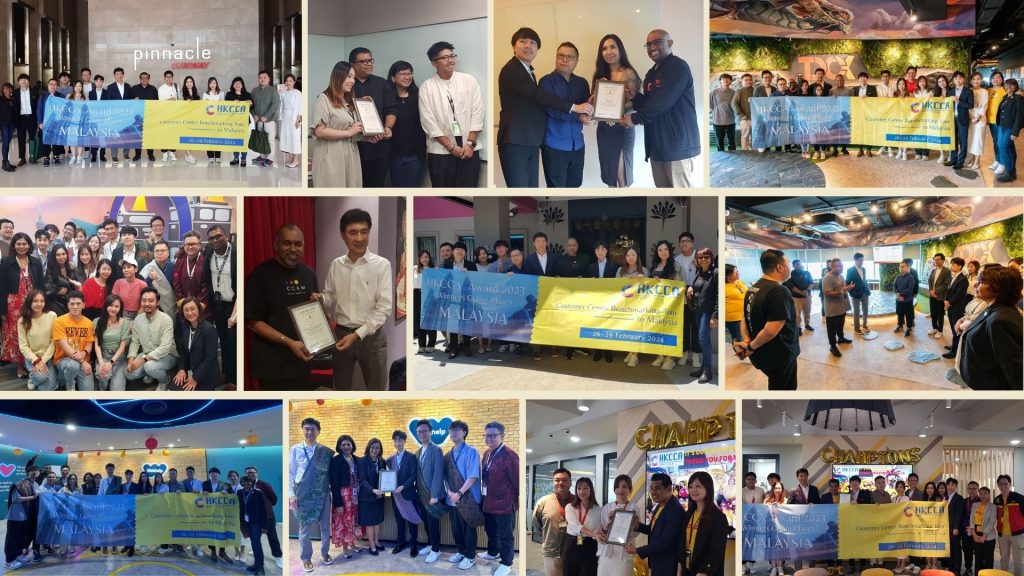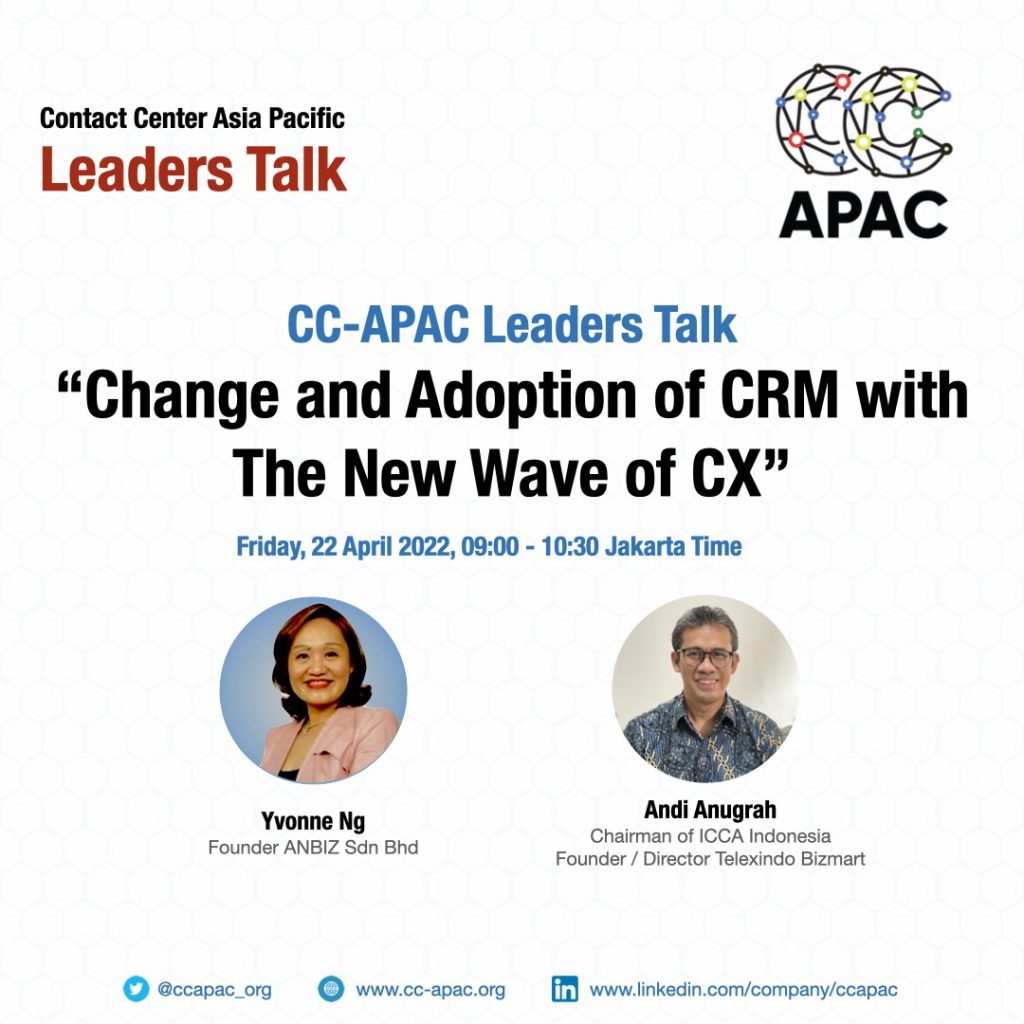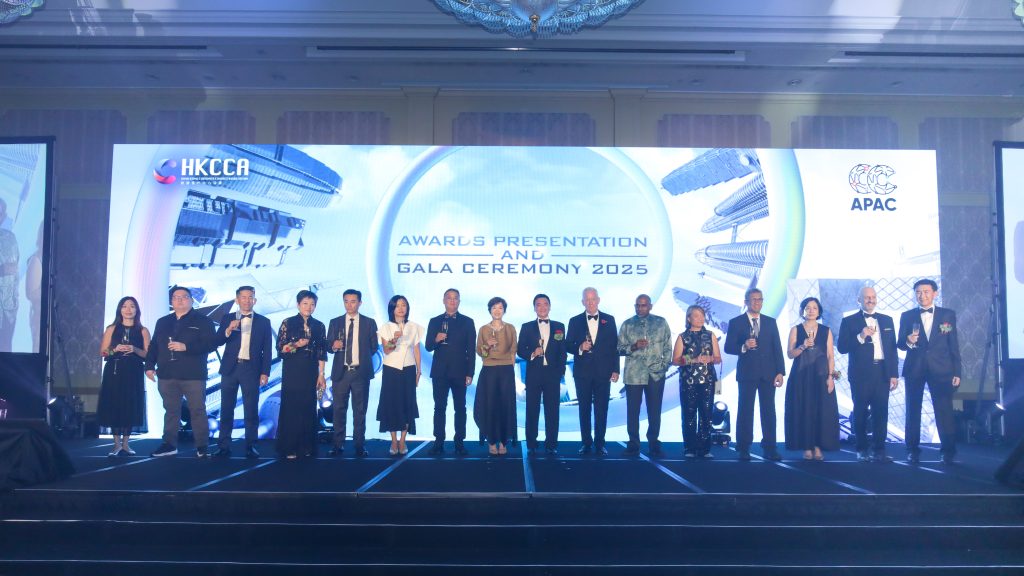
The Contact Center Asia Pacific Awards (CC APAC Awards) 2025 is the region’s premier platform, dedicated to celebrating the highest standards of excellence in customer engagement.
This event is far more than just an awards program; it is a vital catalyst for recognition, industry growth, and leadership validation. Participating means setting your organization against the best in the Asia Pacific, significantly boosting your visibility across the region, and earning a prestigious trophy that powerfully validates your team’s innovation and hard work.
The competitive phase of the CC APAC Awards 2025 took place during an intensive two-day Online Judging event on October 24th and 25th, 2025. During this time, top teams competed across five essential categories, demonstrating their mastery in every critical area of the contact center world. These categories included:
1. Contact Center Operations
2. Business Contribution
3. Technology Innovation
4. Employee Engagement
5. Customer Experience
The entire CC APAC Awards 2025 program was officially closed with its major highlight: the Gala Dinner and the announcement of the winners. We extend our most heartfelt congratulations to all the winners!
| CATEGORY | COMPANY | ASSOCIATION | SCORE | TROPHY |
| BUSINESS CONTRIBUTION | BANGKOK LIFE ASSURANCE PCL | THAILAND | 82.86 | GOLD |
| BUSINESS CONTRIBUTION | BLIBLI | INDONESIA | 84.11 | GOLD |
| BUSINESS CONTRIBUTION | DHL EXPRESS (MALAYSIA) SDN BHD | MALAYSIA | 77.50 | GOLD |
| BUSINESS CONTRIBUTION | HKT LIMITED | HONG KONG | 88.75 | PLATINUM |
| BUSINESS CONTRIBUTION | MAKE THE RIGHT CALL | HONG KONG | 77.68 | GOLD |
| BUSINESS CONTRIBUTION | PT BANK RAKYAT INDONESIA (PERSERO) TBK | INDONESIA | 90.00 | PLATINUM |
| BUSINESS CONTRIBUTION | TELECONTINENT SDN BHD | MALAYSIA | 94.64 | PLATINUM |
| BUSINESS CONTRIBUTION | TRUE CORPORATION PUBLIC COMPANY LIMITED | THAILAND | 88.21 | PLATINUM |
| CONTACT CENTER OPERATIONS | BANK INDONESIA | INDONESIA | 81.79 | GOLD |
| CONTACT CENTER OPERATIONS | BEIJING HL95 INFORMATION INDUSTRY CO., LTD. | CHINA | 83.21 | GOLD |
| CONTACT CENTER OPERATIONS | CITIBANK HONG KONG | HONG KONG | 87.32 | PLATINUM |
| CONTACT CENTER OPERATIONS | COMMERCE ACCESS SDN BHD | MALAYSIA | 86.43 | PLATINUM |
| CONTACT CENTER OPERATIONS | HANG SENG BANK LIMITED | HONG KONG | 95.36 | PLATINUM |
| CONTACT CENTER OPERATIONS | PT BANK NEGARA INDONESIA (PERSERO) TBK | INDONESIA | 86.96 | PLATINUM |
| CONTACT CENTER OPERATIONS | RHB BANK BERHAD | MALAYSIA | 81.90 | GOLD |
| CONTACT CENTER OPERATIONS | TRUE CORPORATION PUBLIC COMPANY LIMITED | THAILAND | 86.79 | PLATINUM |
| CONTACT CENTER OPERATIONS | VIETJET THAILAND | THAILAND | 77.14 | GOLD |
| CONTACT CENTER OPERATIONS | YIDATEC CO., LTD. | CHINA | 86.07 | PLATINUM |
| CUSTOMER EXPERIENCE | BANGKOK LIFE ASSURANCE PCL | THAILAND | 73.33 | SILVER |
| CUSTOMER EXPERIENCE | CATHAY PACIFIC AIRWAYS LIMITED (CUSTOMER CONTACT) | HONG KONG | 90.36 | PLATINUM |
| CUSTOMER EXPERIENCE | CIGNA WORLDWIDE GENERAL INSURANCE COMPANY LIMITED | HONG KONG | 86.79 | PLATINUM |
| CUSTOMER EXPERIENCE | GAC TOYOTA CUSTOMER ASSISTANT CENTER | CHINA | 81.79 | GOLD |
| CUSTOMER EXPERIENCE | MALAYSIA AVIATION GROUP | MALAYSIA | 85.71 | PLATINUM |
| CUSTOMER EXPERIENCE | PT GOTO GOJEK TOKOPEDIA TBK | INDONESIA | 82.86 | GOLD |
| CUSTOMER EXPERIENCE | PT KERETA API INDONESIA (PERSERO) | INDONESIA | 71.61 | SILVER |
| CUSTOMER EXPERIENCE | TNG DIGITAL SDN BHD | MALAYSIA | 90.71 | PLATINUM |
| CUSTOMER EXPERIENCE | TONGCHENG TRAVEL HOLDINGS LIMITED | CHINA | 83.57 | GOLD |
| CUSTOMER EXPERIENCE | TRUE CORPORATION PUBLIC COMPANY LIMITED | THAILAND | 85.36 | PLATINUM |
| EMPLOYEE ENGAGEMENT | BITKUB ONLINE CO., LTD. | THAILAND | 93.57 | PLATINUM |
| EMPLOYEE ENGAGEMENT | CITIBANK HONG KONG | HONG KONG | 64.64 | BRONZE |
| EMPLOYEE ENGAGEMENT | CLP POWER HONG KONG LTD. | HONG KONG | 69.17 | SILVER |
| EMPLOYEE ENGAGEMENT | DHL EXPRESS (MALAYSIA) SDN BHD | MALAYSIA | 59.64 | BRONZE |
| EMPLOYEE ENGAGEMENT | PT BANK MANDIRI (PERSERO) TBK | INDONESIA | 83.21 | GOLD |
| EMPLOYEE ENGAGEMENT | PT PLN (PERSERO) | INDONESIA | 86.43 | PLATINUM |
| EMPLOYEE ENGAGEMENT | RHB BANK BERHAD | MALAYSIA | 70.71 | SILVER |
| EMPLOYEE ENGAGEMENT | ROOJAI INSURANCE PUBLIC COMPANY LIMITED | THAILAND | 89.64 | PLATINUM |
| TECHNOLOGY INNOVATION | DAYTHREE DIGITAL BERHAD | MALAYSIA | 96.43 | PLATINUM |
| TECHNOLOGY INNOVATION | DHL EXPRESS (MALAYSIA) SDN BHD | MALAYSIA | 80.00 | GOLD |
| TECHNOLOGY INNOVATION | FWD LIFE INSURANCE PUBLIC COMPANY LIMITED | THAILAND | 95.71 | PLATINUM |
| TECHNOLOGY INNOVATION | HANG SENG BANK LIMITED | HONG KONG | 86.07 | PLATINUM |
| TECHNOLOGY INNOVATION | HKT LIMITED | HONG KONG | 85.36 | PLATINUM |
| TECHNOLOGY INNOVATION | KRUNGTHAI-AXA LIFE INSURANCE PCL. | THAILAND | 85.36 | PLATINUM |
| TECHNOLOGY INNOVATION | PLN ICON PLUS | INDONESIA | 83.57 | GOLD |
| TECHNOLOGY INNOVATION | PT BANK CENTRAL ASIA TBK | INDONESIA | 90.71 | PLATINUM |
| TECHNOLOGY INNOVATION | SHENZHEN PING AN INTEGRATED FINANCIAL SERVICES CO., LTD. CENTRAL BRANCH | CHINA | 82.50 | GOLD |
| TECHNOLOGY INNOVATION | TAIWAN MOBILE | TAIWAN, PROVINCE OF CHINA | 96.43 | PLATINUM |
